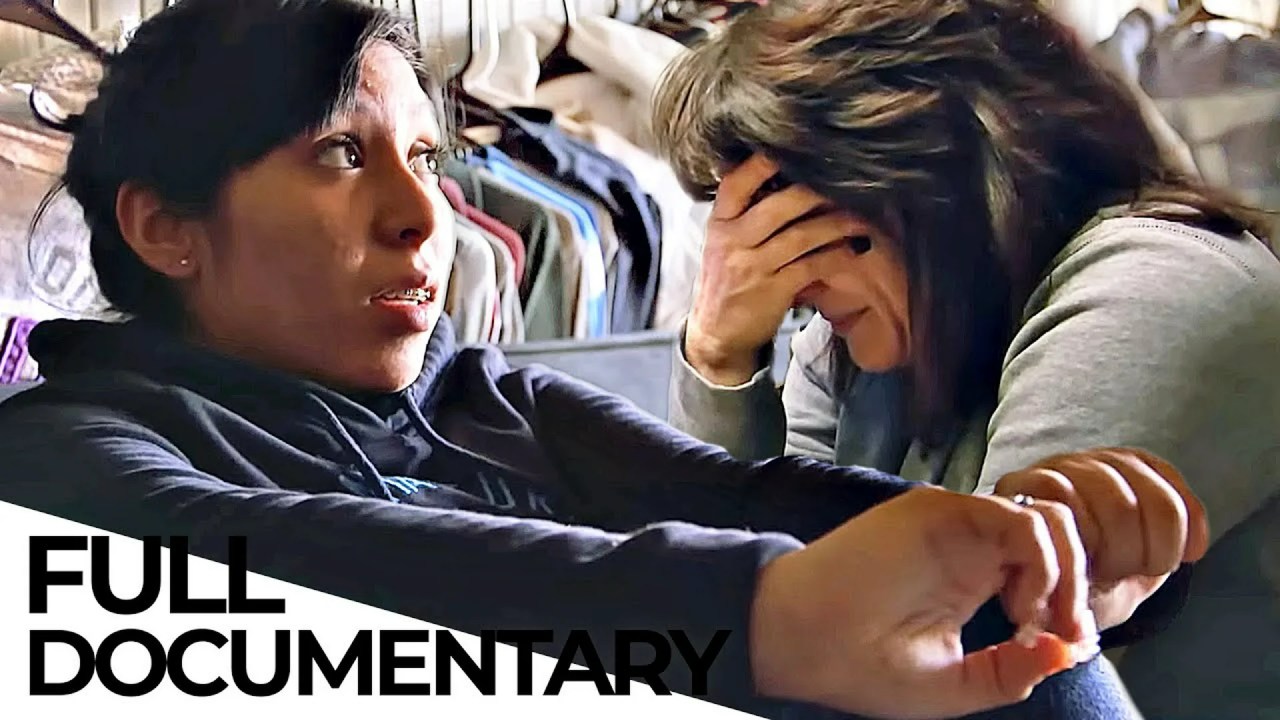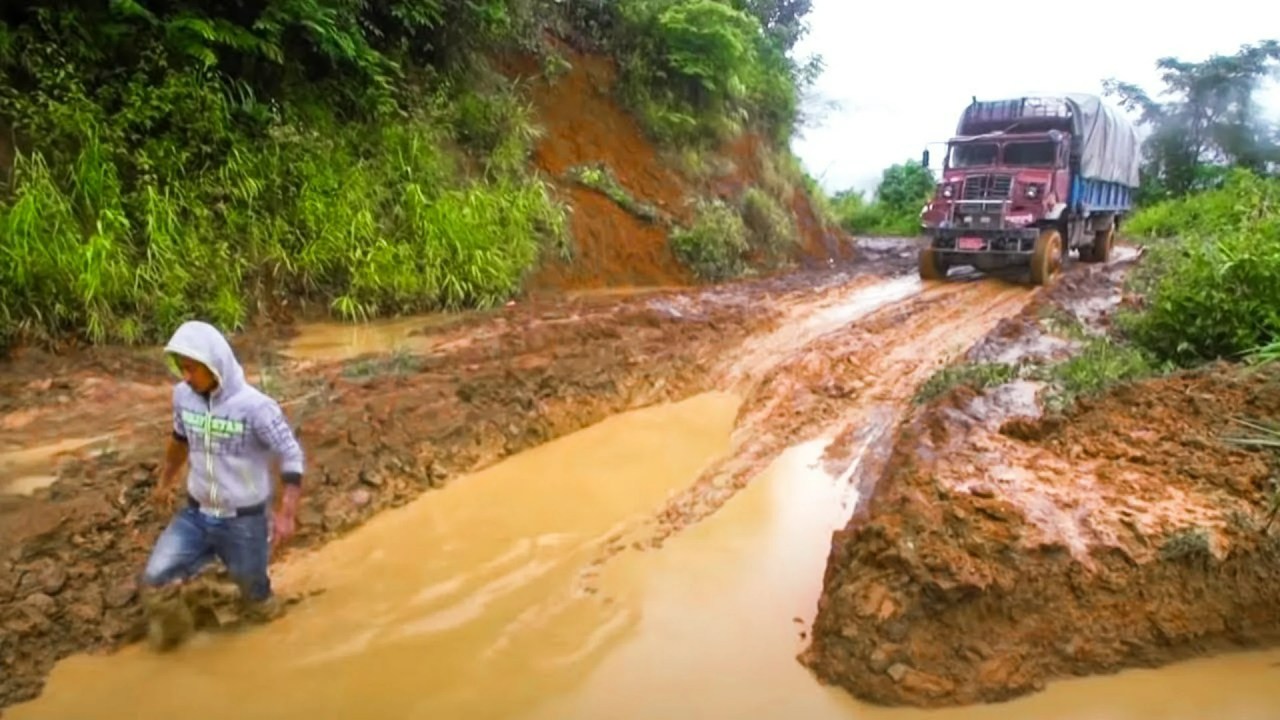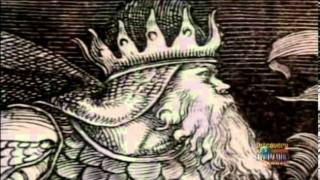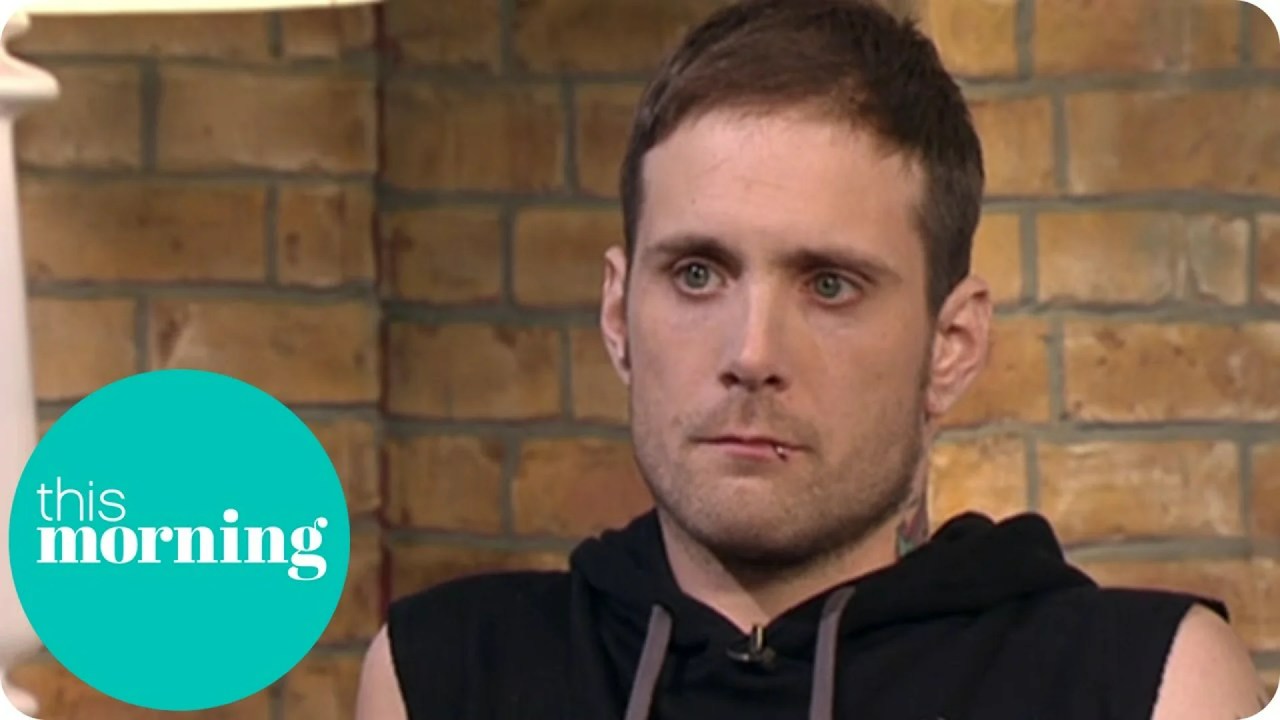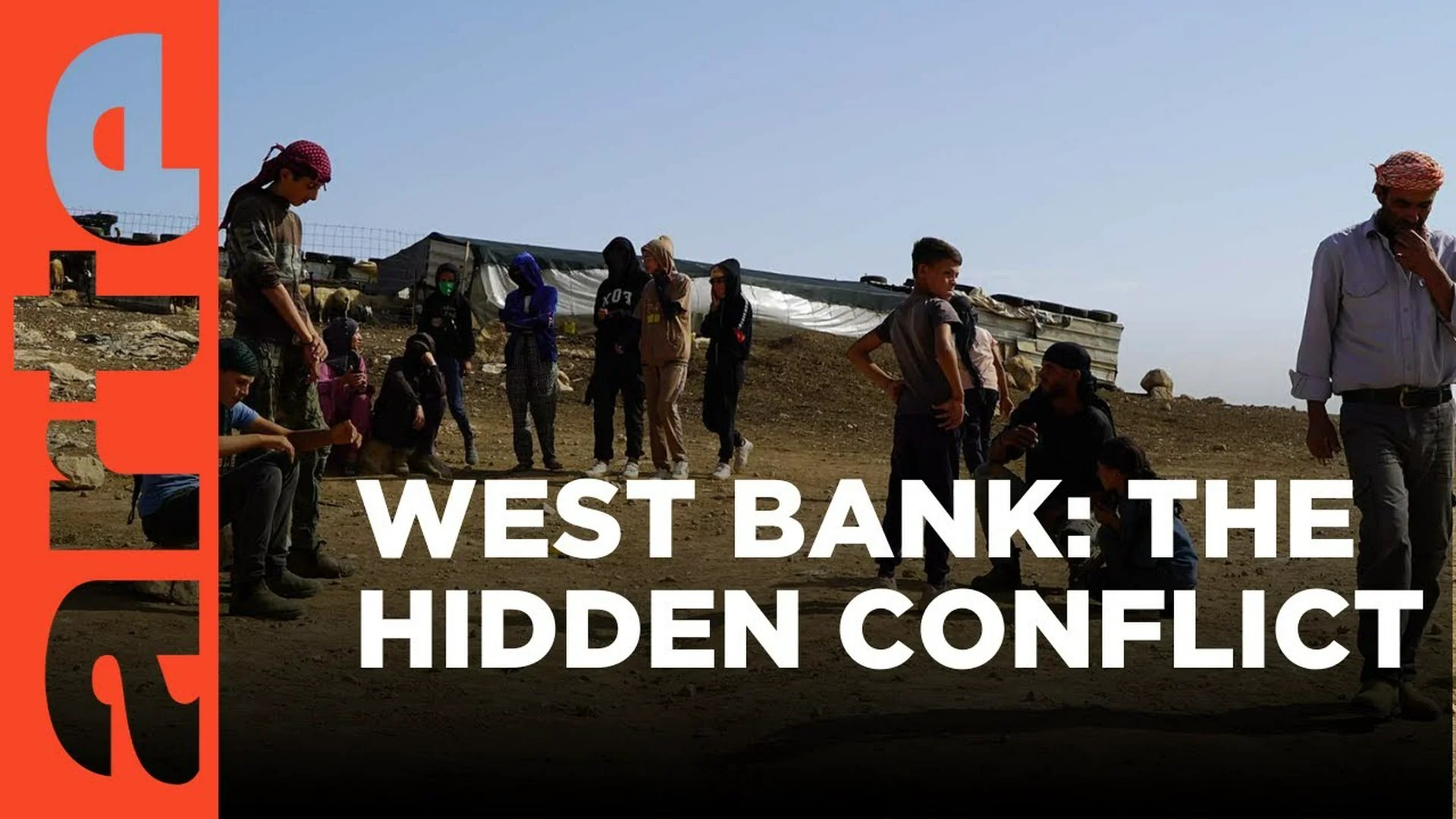When considering the complexities of foreign policy and geopolitics, a lens that is often overlooked is what’s happening on the ground in a given country. For this reason, documentaries can be an important medium for understanding our world; they show us issues from multiple perspectives, reflect upon past events that shape present circumstances, and provide insight into a culture or region.This article will explore the best documentaries about Libya – a North African nation that has seen its fair share of conflict and strife in recent years. From intimate portraits of everyday life, to gripping accounts of revolution, these are some of the most essential films that document and address the many challenges facing this country today. We hope you come away from this list with a better understanding of Libya’s story, and a greater appreciation for the struggles its people have endured. Let’s dive in.
1. 🇱🇾 The Lust for Libya: How a Nation was Torn Apart
Libya is a nation divided. Once Africa’s wealthiest country with the continent’s largest oil reserves and highest standard of living, it has since been torn apart by competing local, regional and international forces. The split is between rival governments and conflicting centres of power – one in the east and one in the west – both backed by militias fighting for their own share of the country’s riches seven years on from the ouster of former dictator Muammar Gaddafi. Gaddafi had held a nation together for more than four decades, strategically doling out cash incentives and combining political brokering with ruthless state repression.
2. Colonel Gaddafi: Terror Of The Middle East
Colonel Gaddafi was a man who inspired fear and dread in the hearts of those he encountered. He rose from humble beginnings as an idealistic young revolutionary to become one of the world’s most notorious terrorists. For 40 years, his tyrannical rule over Libya saw him perpetrate some of the worst atrocities in recent history. Gaddafi was ruthless in his treatment of Libyan citizens, refusing to allow them basic human rights and subjecting them to torture and oppression. He also used his power to spread terror around the world, training terrorists and plotting attacks against foreign nations. His influence was felt far and wide, as he sought to destabilize countries in order to increase his own power. Gaddafi was an enigma – even to those closest to him. He was a man of contradictions – hailed as a leader for the people, yet despised by many of his own citizens. To some, he was a hero who brought Libya out of poverty and into economic prosperity; yet to others, he was nothing more than a despot and an oppressive dictator.
3. Front Lines of the Libyan Revolution
Shane Smith, the Founder of VICE, takes you on a journey that goes straight to the heart of the conflict in Libya. It’s a stark reality – either victory or death. We traverse across rebel-held territories from Egypt, through Benghazi and onto Misrata; where we document with shocking clarity how violence is driving this revolution. As we witness these events unfold firsthand, we cannot help but ask: Is this the end of Gaddafi’s reign? Or is it a fight that will go on for many more months? The answers won’t be quick or easy to find. But with each passing day, the chances of freedom become ever more tangible.
4. The Ancient Chariots Of Libya With David Adams
The Sahara Desert has always been a land shrouded in mystery. Legends around its many oases have captivated adventurers for centuries, leading to daring expeditions and attempts to traverse the unforgiving terrain. Adams is one of these brave explorers, striving to discover what lies beyond the desert’s veil. He travels in the tracks of the chariots of fire — legendary wheeled vehicles that blazed the trail of Ancient Rome.
5. Gaddafi: The Rise and Fall of Libya’s Dictator
Colonel Muammar Gaddafi was one of the most influential figures in global politics during the second half of the 20th century, coming to power in 1969 and ruling Libya for 42 years. His eccentric attitude and unpredictable behaviour saw him transition from revolutionary hero to international pariah to valued strategic partner and back again. He presented a unique style on the world stage which was rarely seen before – so unique in fact, that the words “maverick” and “eccentric” don’t do justice to adequately describe his presence. Gaddafi’s rule challenged the status quo and was one of change for many people, whether positively or negatively. As we look back at his legacy, it is impossible to ignore the impact he made during his time as Libyan leader. His influence will be remembered for generations to come. Gaddafi’s approach to politics was often controversial and he continually sought to make waves in the international community, whether through his socialist policy decisions or through his direct involvement with global affairs. He made an impression on many countries around the world, both foreign allies and enemies alike. It is undeniable that Gaddafi’s presence left an indelible mark on the international stage.
6. How Western Propaganda Destroyed Libya
The Libyan Civil War has been a tragic source of unrest and destruction since 2011. This conflict, that began with the fall of Gaddafi’s regime by a NATO coalition, has taken an immense toll on the country’s infrastructure and its citizens. Unfortunately, it’s hard to pinpoint exactly what caused this war between Libya’s two major political forces: the National Transitional Council in Tobruk led by Haftar and the Government of National Accord in Tripoli. One possible explanation is that oil was the deciding factor, while another theory suggests imperialism pushed Western nations to intervene in Libyan affairs. No matter what lies at the root of this war, it’s clear that Libya has been deeply affected, with no end to the conflict in sight. It’s hard not to feel a sense of sorrow for the beloved nation, now divided into two pieces by an internal conflict that could have been prevented. Sadly, it appears that only time will tell when peace and stability can be restored to Libya.
7. Inside Libya’s Detention Centre Hell: Kidnappings, Rape and Torture
This is an important story of political denunciation, featuring powerful and captivating testimonies from those caught in Libya’s 26 detention centres. Officially run by the GNA in Tripoli, these camps are actually controlled by militias who exploit migrants for cash. The European Union provides funding for the camps yet takes no responsibility for what happens there. It is a cruel reality for refugees, who are subjected to abuse, rape and extortion while their fate hangs in the balance. The documentary examines this treacherous trafficking system and the role of the militias in its control. It considers how the European Union’s migration policies have contributed to these desperate conditions. The direction is wise and considered, allowing audiences to consider what it means to be a migrant and the significance of human trafficking in Libya. It is a heartbreaking story that needs to be told, raising questions around the injustices of our globalized world. We must fight for justice on behalf of refugees everywhere.
8. Libya’s Revolution Is in Ruins
Libya is in an uproar, with governments jostling for power and a black market omnipresent. Human trafficking is rampant, as smugglers take advantage of the country’s unrest to make a quick buck. In the middle of it all is the internationally-backed Government of National Accord, desperately clinging to control over the capital amid the chaos. But their survival depends on the warring militias, many of whom are incentivised to promote the very smuggling they’re meant to police. It’s a dilemma that could spell disaster for Libya in the future, and only time will tell how much further the crisis will spiral out of control. Meanwhile, oil and hard currency continue to flow through shady channels with no real end in sight.
9. Libya’s Tabu Tribe
The Tabu Tribe of Libya is a remarkable example of resilience the face of. Deep in the desert wastes, they have managed to cling to their traditions and culture despite the many harsh conditions that threaten them daily. Despite being surrounded by an unforgiving landscape, the Tabu people remain vibrant and creative. They are experts at living off the land using whatever resources are available to them. This resourcefulness extends to their arts and crafts as well; the tribe is renowned for producing intricately detailed jewelry, textiles, and pottery with materials found in or near the desert. The Tabu are a highly spiritual people who maintain many of their ancient rituals and beliefs. Their ceremonies often involve trance-like dancing and drumming circles, with the sacred beat of the drums marking time for generations. The tribe also practices shamanic healing rituals, in which they use plants to treat illnesses and wounds. The Tabu Tribe is a remarkable testament to how people can survive under extreme conditions if they remain connected to their culture and traditions. Despite living in a harsh environment, the tribe has managed to adapt and thrive, passing down their wisdom and heritage for generations. Their resourcefulness and spiritual practices help them weather any storm they may have to face in the future.
10. Libya: Locked Up
Benghazi is a hub of activity for the Libyan authorities, especially when it comes to dealing with criminals. Thousands of jihadists from all corners of the country and beyond are locked up in ultra-secure prisons across the city. Though they may not have their day in court, these inmates can be held without trial for years – until they finally face military justice. It’s a situation that presents a major headache for the authorities, as they struggle to maintain control while protecting citizens from these hardened criminals. With hundreds of dangerous prisoners, it’s little wonder Benghazi remains such an important part of Libya’s security apparatus.


